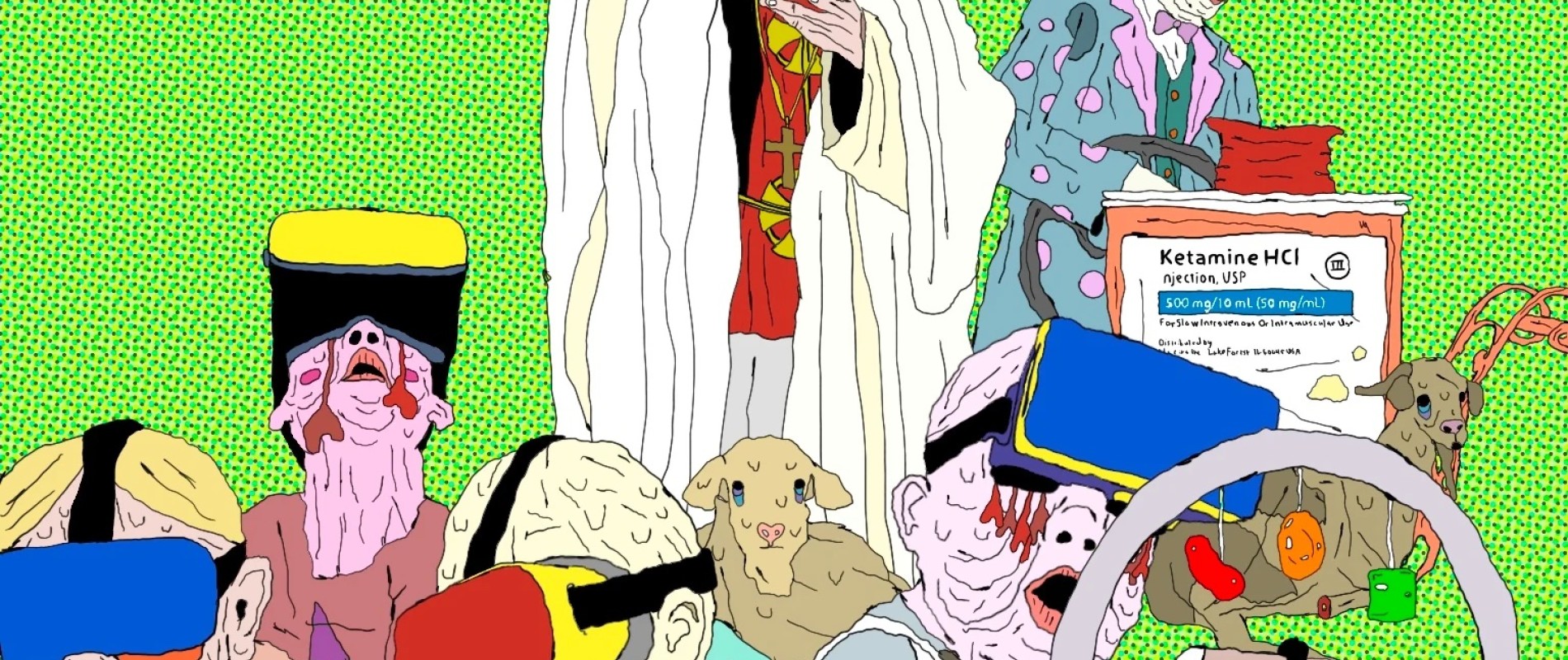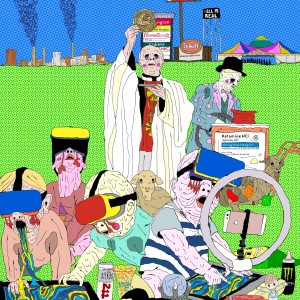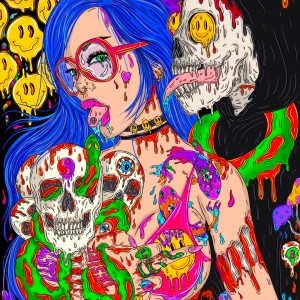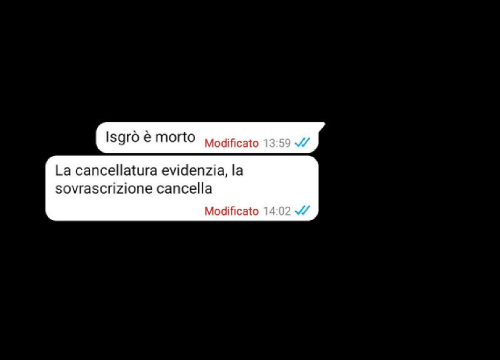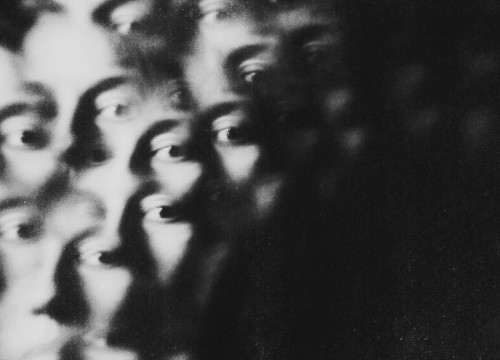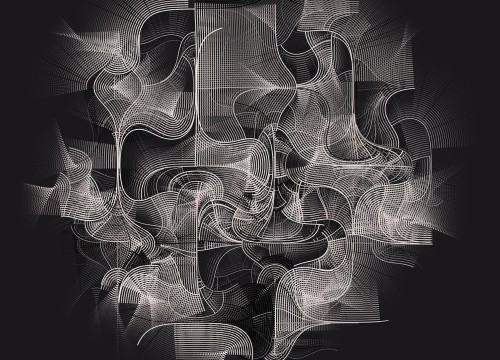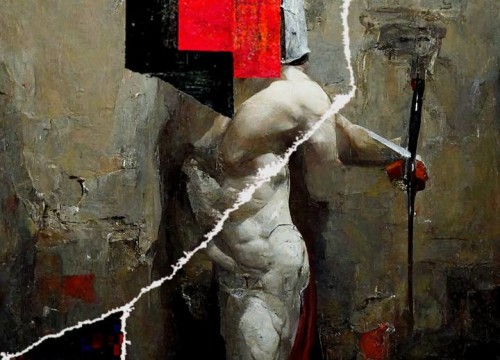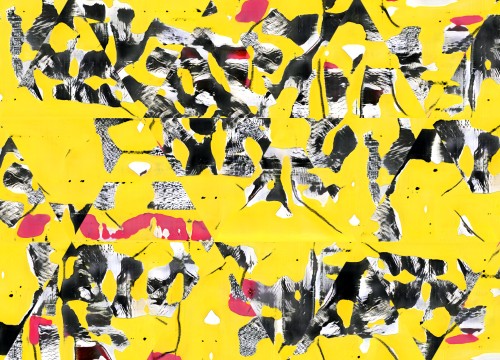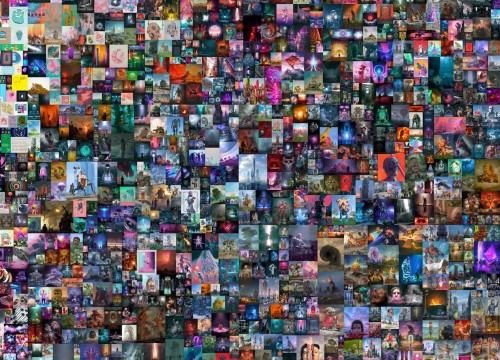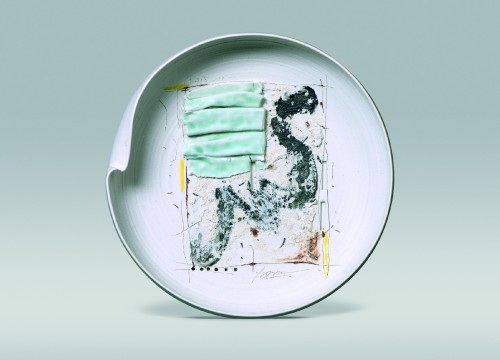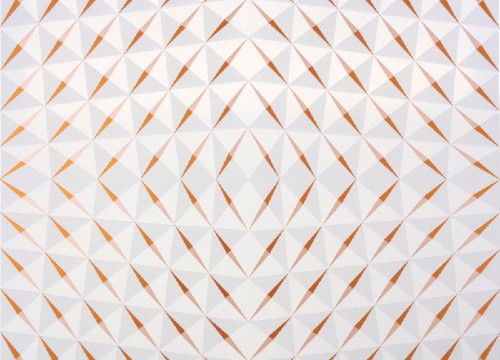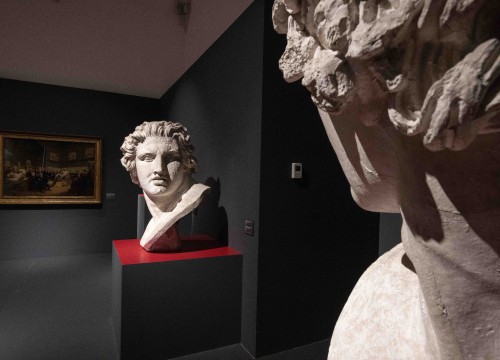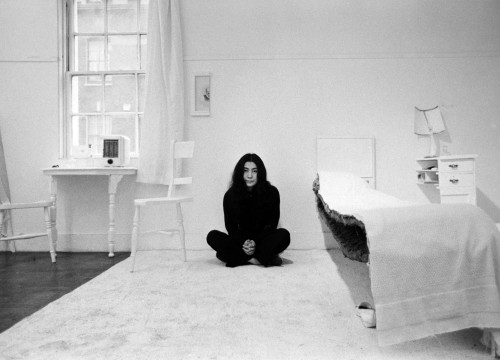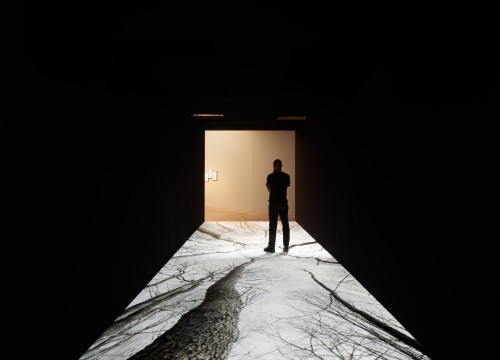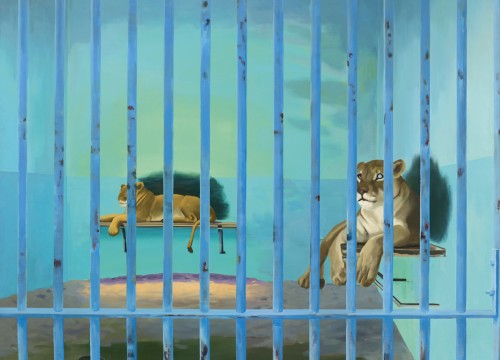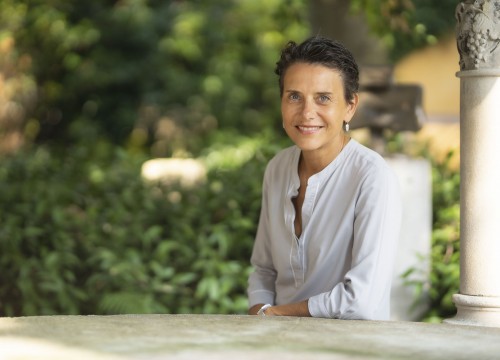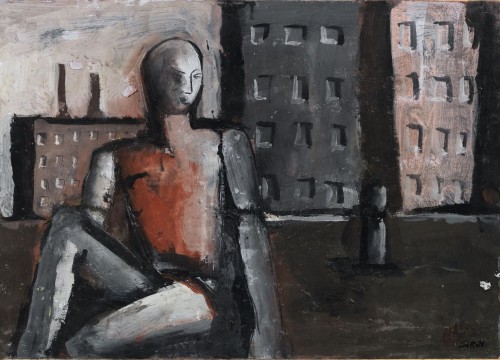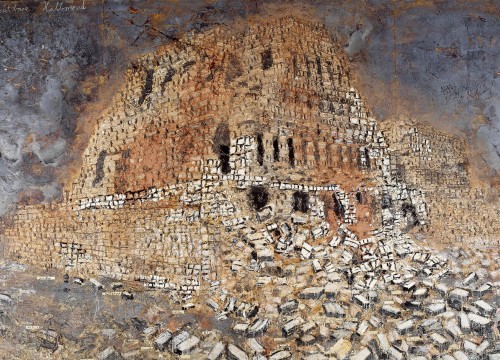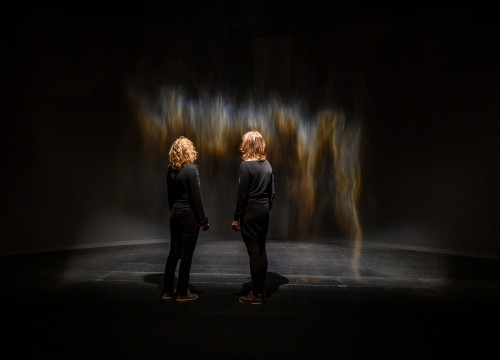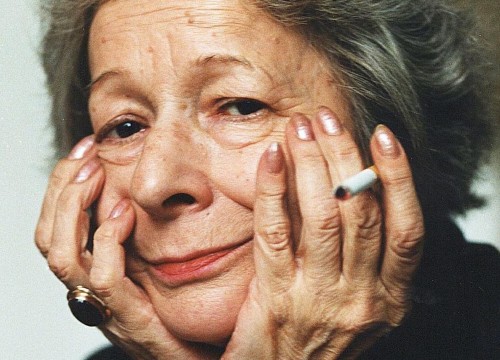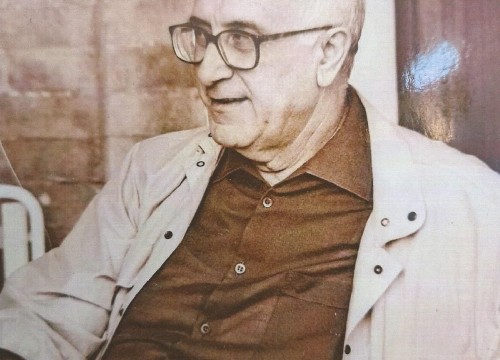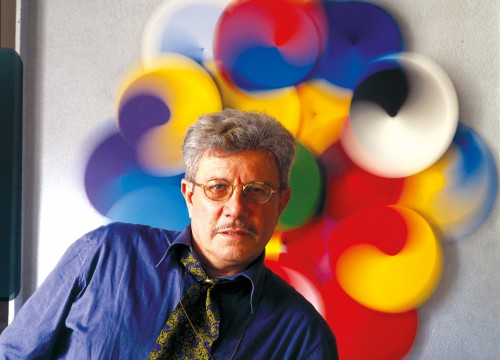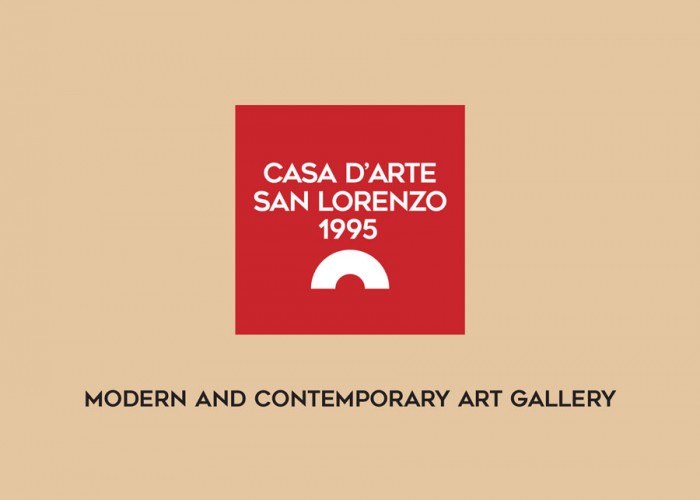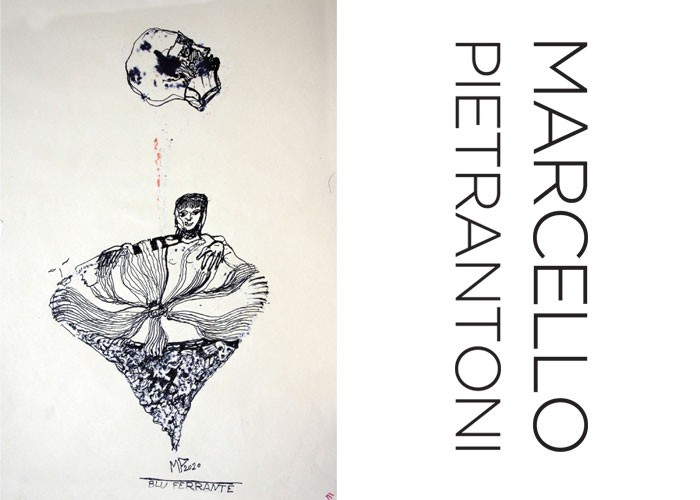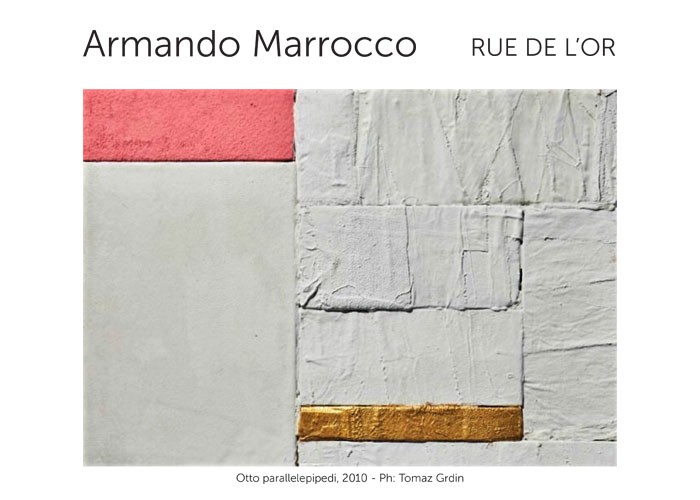In recent times there is much talk about artificial intelligence, especially since Italy has banned the famous platform ChatGPT. Unfortunately, in Italy there is sometimes a tendency to exaggerate and distort the concept of protection of individuals: this is exactly what is happening regarding the regulation of privacy and access to certain technologies related to data analysis. Let’s focus on the case of artificial intelligence software called ChatGPT, produced by OpenAI, that has been prohibited by the Privacy Authority.
For those who do not know it, ChatGPT is an online textual query platform, where basically the user asks the algorithm to do things or asks questions, and the algorithm answers; today, this is the closest thing to a sentient being at the service of the user and it is used in an infinite variety of different contexts, from copywriting to programming, from poetry to web design etc. Well, the Italian Data Protection Authority has found that this platform uses methodologies for processing and supplying data that do not comply with the guidelines promoted in our country: all this in order to protect users and their privacy. The incident leads us to question what is the real users “interest” since, every day, they are already accustomed to adopt huge compromises on their privacy in exchange for the use of powerful technological tools that help us and assist us in the practical aspects of our lives, from movement to calorie consumption, from communication to entertainment. Therefore, it is difficult to side completely in favor of a rigid and orthodox vision of the privacy protection when it takes away the possibility and the individual choice to have access to a technology with a very high impact of utility for many users.
Let’s not forget that these algorithms have recently become extremely famous for their use in the field of artistic production, especially in the digital art sector, with AI (Artificial Intelligence) platforms that allow the user to generate visual artistic compositions by inserting specific strings of descriptive text (called in this case Prompt). The diffusion of these platforms (e.g. Midjourney, Dall-E, Stable Diffusion) was an event so powerful to generate a real array of artists, a new way of approaching the world of art and creativity: the user puts the idea, the algorithm realizes it; nothing new on the art front, in the end many great artists have always relied on other workers to make their artworks.
What is new is that these platforms, to produce catchy creativity, take advantage of all the images that are on the web, which generates a problem regarding the issue of copyright.
More generally, we could say that today the problem of the image rights, or copyright, becomes a central issue regarding the discussion on art and creativity. In this regard, we note that Italy is siding with rather restrictive positions that make it a fairly isolated case on the international scene. Technology, like the brush, is just a tool and its good or bad
use depends on the subject that uses it, so we stigmatize the intervention of the famous Elon Musk who hopes to stop the development of artificial intelligence software.

